Finances
7 Ways to Earn Higher Interest on Your Money
Discover the best options to boost your savings with better rates. Learn the different ways you can earn higher interest on your financial investments and grow your money faster!
Advertisement
Not all savings accounts are created equal, and we are going to show you how you should go about them

When we’re talking about credit cards, you should look for lower interest – because you’re paying it. But when it comes to savings, you have to find ways to earn higher interest.
You have probably heard someone say that you should make your money work for you. Usually what follows this statement is a bunch of complicated financial jargon that makes you give up on the idea.
However, making your money work for you does not necessarily mean investing in complex stuff such as stocks. In fact, you can get your money to work for you in a much less risky manner.

5 New Year’s financial resolutions you can keep
Here are a few important things to consider for your new year's financial resolutions.
For example, you can deposit cash in a high-yield savings account, take advantage of bank bonuses and open a CD account (Certificate of Deposit). And these are just a few options.
In this article we are going to show you 7 ways to earn higher interest on your money, without incurring too much risk while doing it. Check it out.
Open a savings account that offers a high yield on your money.
Low-interest returns are never something you should settle for, even if you are looking at a simple savings account.
There are a number of savings accounts options which offer 2% APY or more.
The higher the APY, the more compound interest will work its magic, and you can find numerous accounts with high APY just by searching for “high-yield savings account”.
You can even find banks that offer high-interest savings accounts yielding 2.6%, and possibly more.
Just keep the money coming in and watch it grow at an exponential rate.
You will be redirected to another website
By submitting this form, I agree that I am 18+ years old and I agree to the Privacy Policy and Terms and Conditions. I also provide my signature giving express consent to receive marketing communications via automated emails, SMS or MMS text messages and other forms of communication regarding financial products such as credit card and loans. Message frequency varies and represents our good faith effort to reach you regarding your inquiry. Message and data rates may apply. Text HELP for help or text STOP to cancel. I understand that my consent to receive communications is not a condition of purchase and I may revoke my consent at any time.
Open a CD account (Certificate of Deposit)

When you look for this kind of account, you are looking to store money for a longer period.
This is not the kind of money you want to use in the next month or semester.
Preferably, this is money you do not wish to use in the next year, or 3, or 5. The reason being that CD accounts lock in your interest for a set period of time.
With this type of account you will not be able to touch the money in a period ranging from 6 months to 5 years.
However, the money will earn high interest, and hopefully enough to outpace inflation.
In general, the longer you keep the money there, the higher the interest rate you will earn on it.
Top CD accounts offer APYs between 3% to 4% for 5-year terms.
Open a money market account.
This kind of account works like a hybrid between a savings account and a checking account.
It is ideal for short-term financial goals, because it gives you access to the money through a debit card.
It also offers a higher interest rate than the one you would get from a high-yield savings account.
However, the interest in money market accounts is subject to fluctuations.
This means market conditions affect whether you get a higher or lower interest rate.
The highest-earning money market accounts currently offer interest rates of between 2% and 3%.
Find yourself a bank bonus.
Opening multiple savings accounts for different savings goals is a wise move. Especially if you consider that some financial institutions offer a sign-up bonus for new customers.
However, usually such accounts require customers to follow certain guidelines such as meeting minimum deposit requirements, or keeping a certain amount in the account for a period of time.
Nothing like the long periods you find in CD accounts, which may require 6 months or more.
Plus, it always helps adding a little more cash to your stash.
Open multiple CDs with different term lengths

Experienced savers call this a “CD ladder”. It basically consists in opening multiple CD accounts with different term lengths so that you can access some of your money sooner.
The rest of the money remains in a CD account, earning the highest APY available. As an example, consider the amount of $2,500.
Instead of investing the whole amount in a 5-year CD, how about a little diversification? Separate the money in different batches made up with different CD terms.
You can set it like this:
- $500 into a one-year CD which yields 0.65%
- $500 into a two-year CD which yields 0.80%
- $500 in a three-year CD which yields 0.95%
- $500 in a four-year CD yielding 1.05%
- $500 in a five-year CD at 1.2%
This guarantees you will have access to a new amount every year, which you can then either use to purchase something, or reinvest in yet another CD account.
Take a look at I-bonds.
Since inflation is on the rise, investing in something that pays an interest rate based on a fixed rate and an inflation rate is not such a bad idea.
Series I savings bonds are earning around 9.6% interest at the moment. You can start with as little as $25, and buy as much as $10,000 in I-bonds each calendar year.
You can then keep this kind of bond for up to 30 years, or cash out after a year.
However, it is worth pointing out that if you cash out before five years, you will lose three months’ worth of interest.
I-bonds are especially good for long-term savers. Watch for the best time to buy Series I bonds, for interest rates change twice a year.
Find yourself a rewards checking account.
This kind of account offers rewards as incentives for customers to maintain certain minimum requirements.
This means if you want to get the rewards, you are going to have to jump a few hoops.
The rewards can come in the form of cash back (just like you would get from a credit card), a nice cash bonus, or even a high APY similar to what you find in high-interest savings accounts.
The Bottom Line
As you can see, earning a higher interest on your money is not such a daunting task. If you do it right, you will have to dedicate very little brain power to the task. Start today!
And since we’re talking about savings, do you know how much you should have in your emergency fund? If you don’t even have one, you should read the following content ASAP!
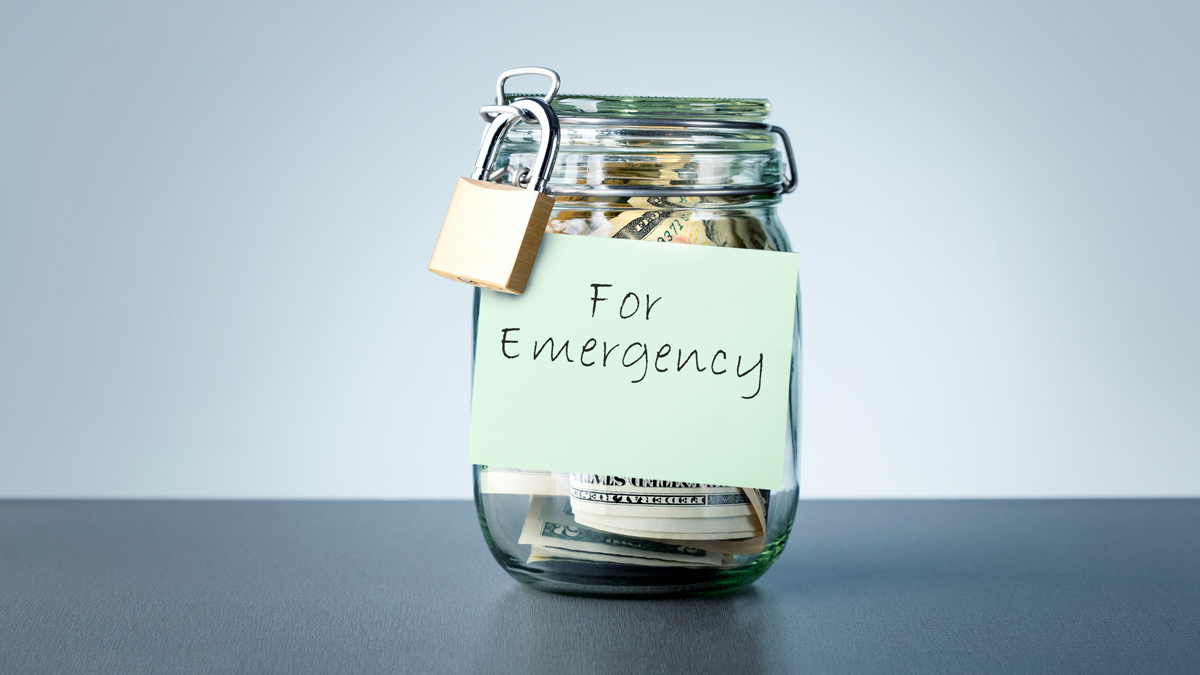
How much money to save for an emergency fund?
Don't get caught in an emergency situation with no savings to overcome it. Make your emergency fund with the help of these useful tips you'll find in this blog post.
About the author / Danilo Pereira
Trending Topics
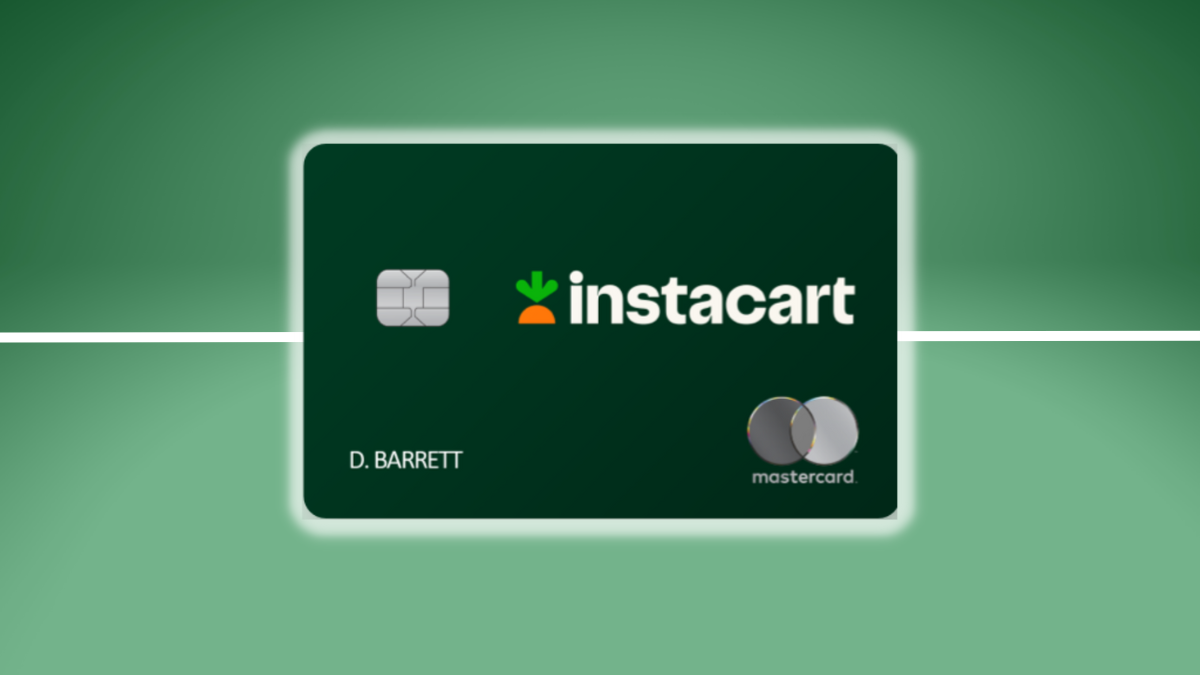
Instacart Mastercard® Card application
Learn how to easily and quickly apply for the Instacart Mastercard® Card, and get all the amazing and exclusive benefits that come with it!
Keep Reading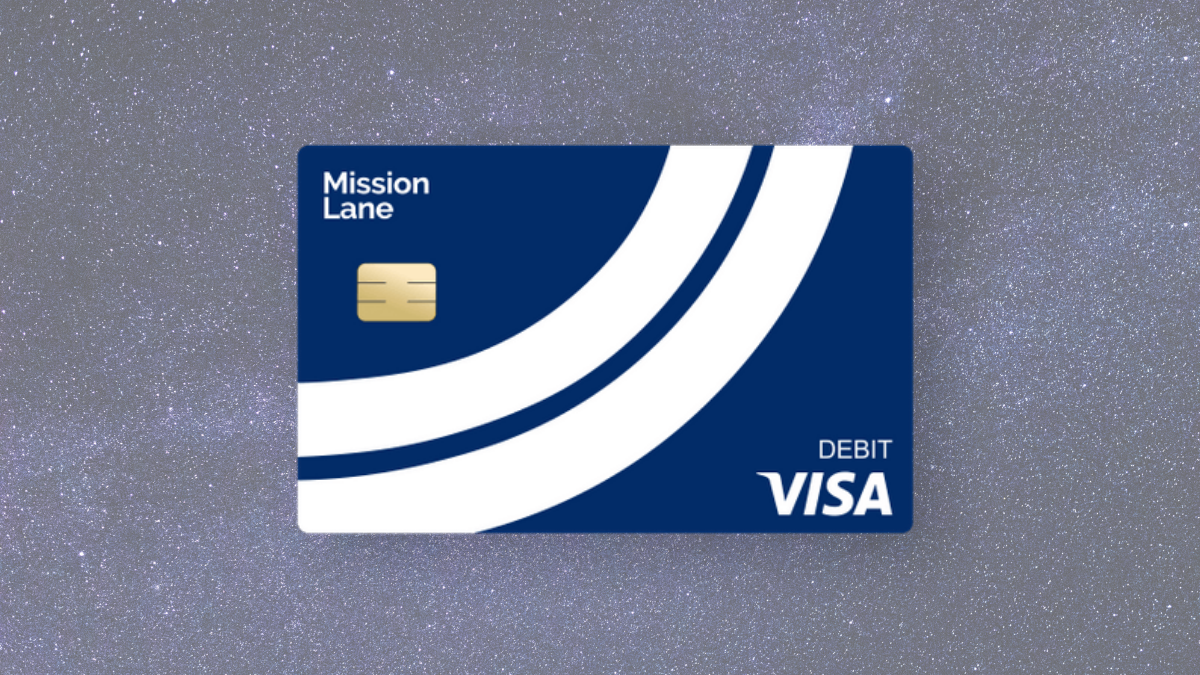
Mission Money Visa® Debit Card review
If you’re looking for an easy and fee-free debit card to add to your wallet, the Mission Money Visa® Debit Card is a fantastic option!
Keep Reading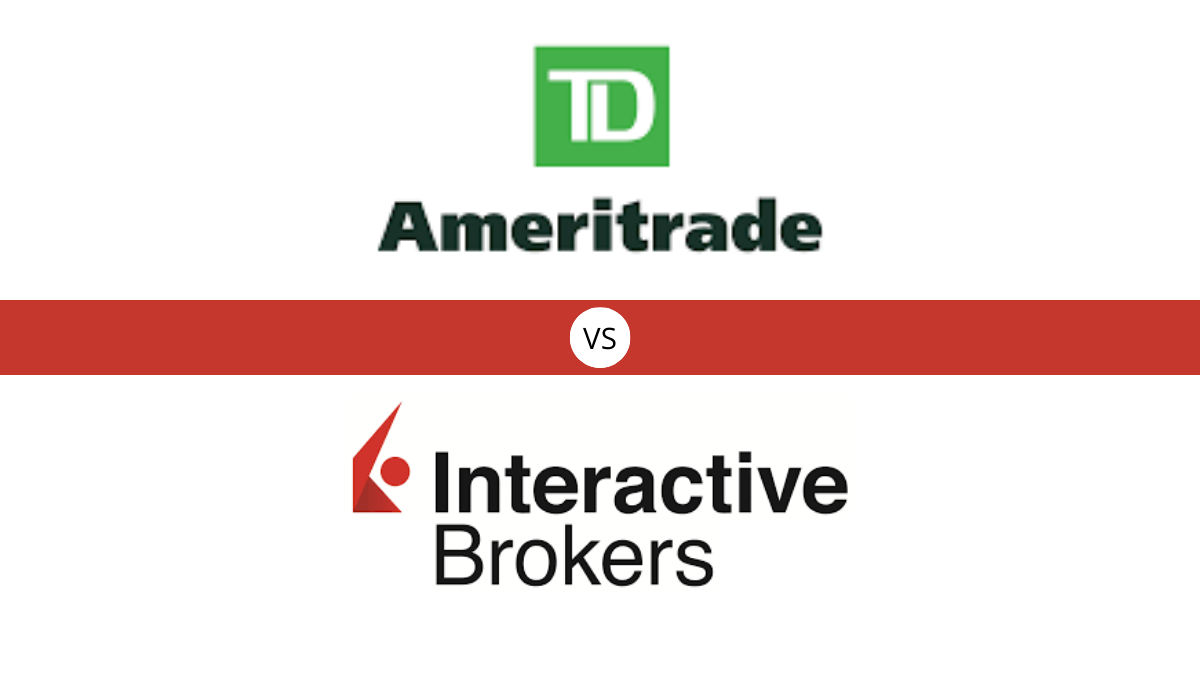
Ameritrade x Interactive Brokers
In this Ameritrade x Interactive Brokers comparison you are going to learn the ins and outs of each brokerage, and which is right for you.
Keep ReadingYou may also like

The debt avalanche method: Learn how it works
Unsure of what you can do to eliminate debt? Find out what you need to know about this powerful tool — the debt avalanche method.
Keep Reading
7 best loans for low income
If you have low income and are wondering what the best loans are for people with your profile, you have come to the right place!
Keep Reading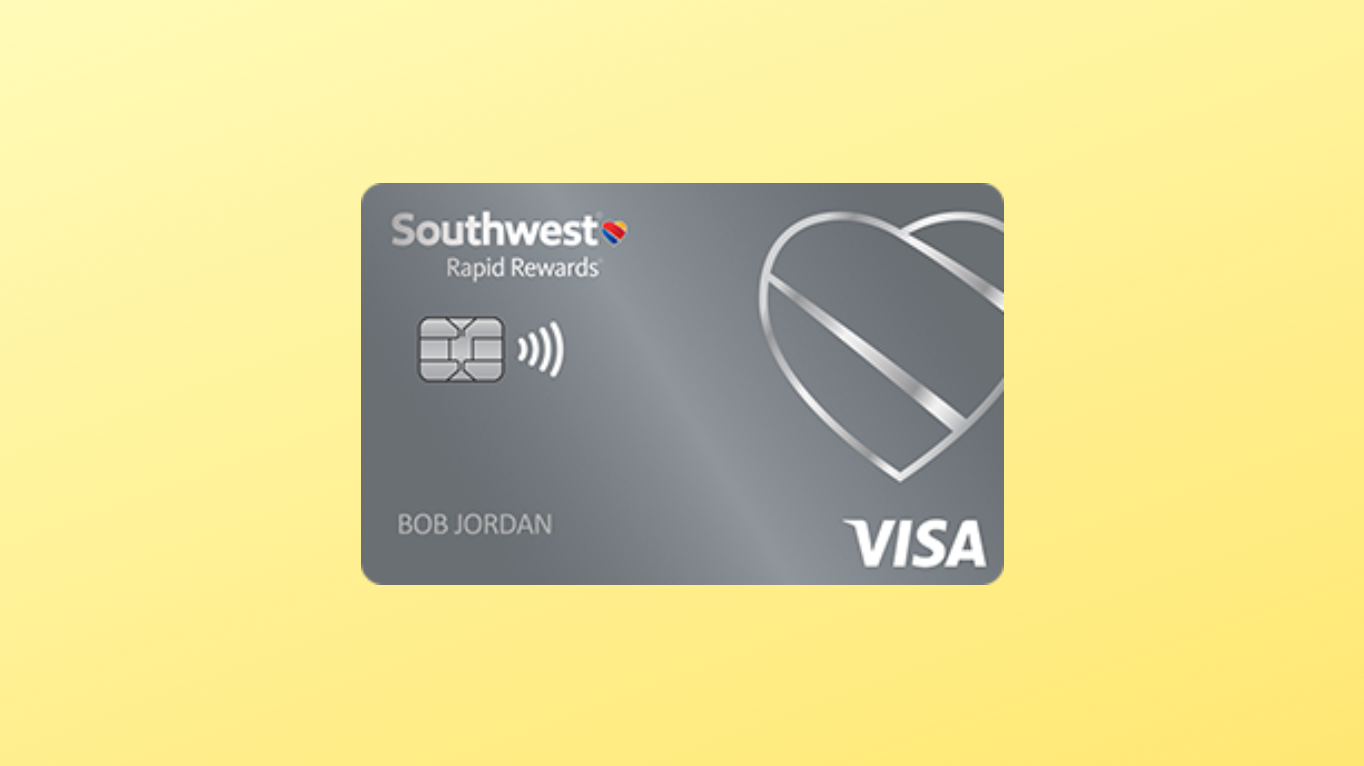
Southwest Rapid Rewards® Plus card review
In this Southwest Rapid Rewards® Plus card review you will see how this card is the perfect fit for frequent Southwest flyers.
Keep Reading